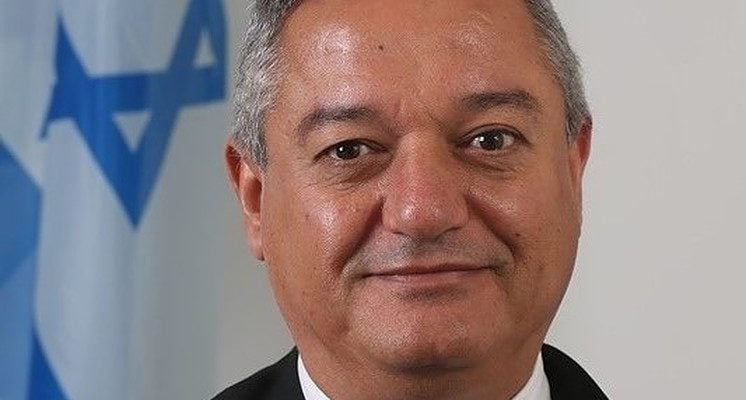The selection, which calls out the lie that Israel is an apartheid state, was not without controversy, as Kabub has been associated with nationalistic Arab elements.
By Batya Jerenberg, World Israel News
One of the four new judges appointed Monday to Israel’s Supreme Court is Khaled Kabub, the first Muslim Arab to fill a permanent seat in the country’s highest legal chamber.
The 64-year-old jurist is replacing Judge George Karra, a Christian Arab who has filled the traditional Arab Israeli seat on the court for the last five years and is stepping down due to having reached the mandatory retirement age of 70. Karra’s predecessor, Salim Joubran, who served for well over a decade, was also Christian.
The only other Muslim Supreme Court justice was Abdel Rahman Zoabi, who was appointed for a temporary one-year term in 1999.
Kabub’s selection also calls out the lie propagated by Israel’s enemies that it’s an apartheid state, as claimed in the recent Amnesty International report.
Jaffa-born Kabub has a master’s degree in commercial law and has mainly been involved in cases concerning serious financial crimes at the Tel Aviv District Court.
Kabub’s appointment was not without controversy, as right-wing critics revealed during the long deliberation process of the Judicial Selection Committee that he has met with extremist Palestinian personalities such as the head of a group affiliated with the Fatah terrorist organization.
In August 2020 he received an award honoring his father from the then-Mufti of Jerusalem, Sheikh Akrama Sabri, who is an open supporter of the Hezbollah terrorist organization and has been arrested numerous times by the authorities for his incitement against Israel.
In a letter of complaint to the state ombudsman, right-wing activist Shai Glick, CEO of “Jewish human rights” NGO Betzalmo, cited, among other reasons for disqualifying Kabub’s candidacy, ethics clauses stating that a judge must not participate in deeply controversial activities.
“We have not yet reached such a low, that a judge meets supporters of terrorism,” Glick said. “The same hand that shook [Hezbollah chief Hassan] Nasrallah’s hand is the same hand that gave him a token of appreciation. Is it normal for a judge to keep company with such people?”
Kabub’s appointment also disappointed the Right because he is expected to lean to the leftist-activist side on constitutional issues. Of the four new appointees, two are considered mildly conservative and two progressive.
“If I had served as chairman of the committee today, the results would have been different,” Shaked wrote on social media. “The chairman of the committee, the justice minister, led a different line, but insisted on the important principle of balance and that there should be two candidates for each [political] side.”
Justice Minister Gideon Sa’ar (New Hope), who headed the selection committee, said, “The four new justices elected to the Supreme Court are excellent.”
“They were selected according to the three criteria I set: excellence, balance and diversity. A variety of opinions, genders and ethnic backgrounds,” he stated.
“I am responsible for this vital system. I have not received and will not receive grades or dictates from extremist or opposition parties.
“Most people understand that the justice system needs repair and not destruction, and they appreciate the commitment to preserving Israel as a Jewish and democratic state,” he concluded.
The Opposition slammed both Shaked and Sa’ar, who had a “historic chance,” they said, to slide the Supreme Court to the right for the first time in decades but “gave up.”





